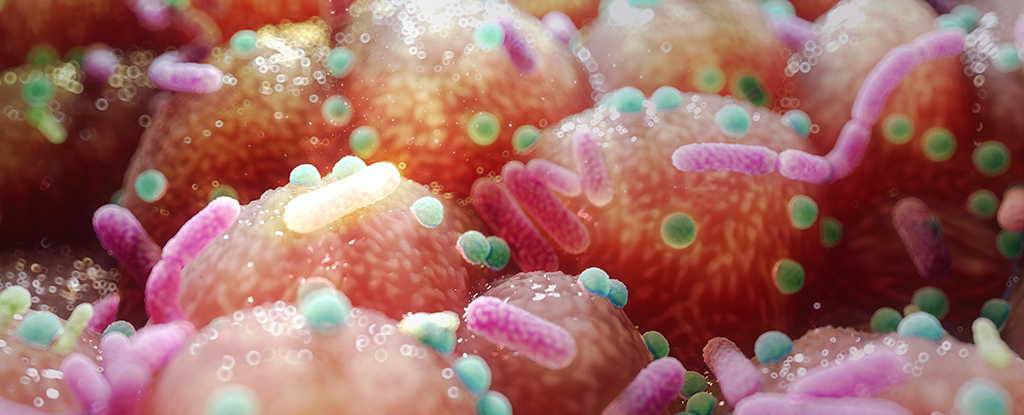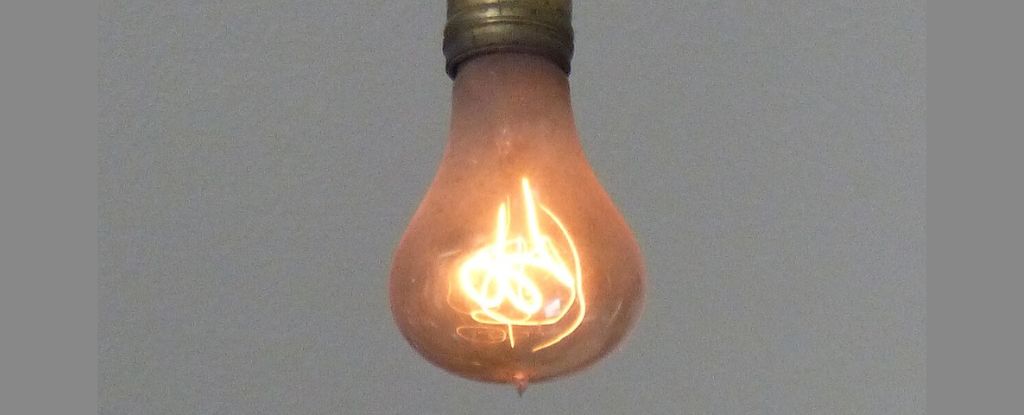Researchers studied gut microbiome samples from over 1,200 Swedish children collected at birth and around 1 year of age as part of a long-term health study.
They found significant differences in the bacterial composition and metabolite levels of these early life samples for children who were later diagnosed with neurodevelopmental disorders like autism and ADHD.
Key imbalances included lower levels of Akkermansia muciniphila and Coprococcus comes, and higher levels of Citrobacter. These imbalances preceded diagnoses by an average of 13-14 years.
Factors like repeated antibiotic use and ear infections in early childhood were associated with a higher risk of developing autism later in life. Repeated antibiotics disrupted the microbiome recovery.
Lipids and bile acids important for maintaining immune balance and brain development were also depleted in newborns who later received autism diagnoses.
The findings suggest imbalances in the early life gut microbiome may be predictive biomarkers for neurodevelopmental disorders and influence disorders through the gut-brain axis.
Routine screening of infant microbiomes during well-child visits could help identify at-risk children earlier and guide support, but more validation is still needed.
Source: ScienceAlert









